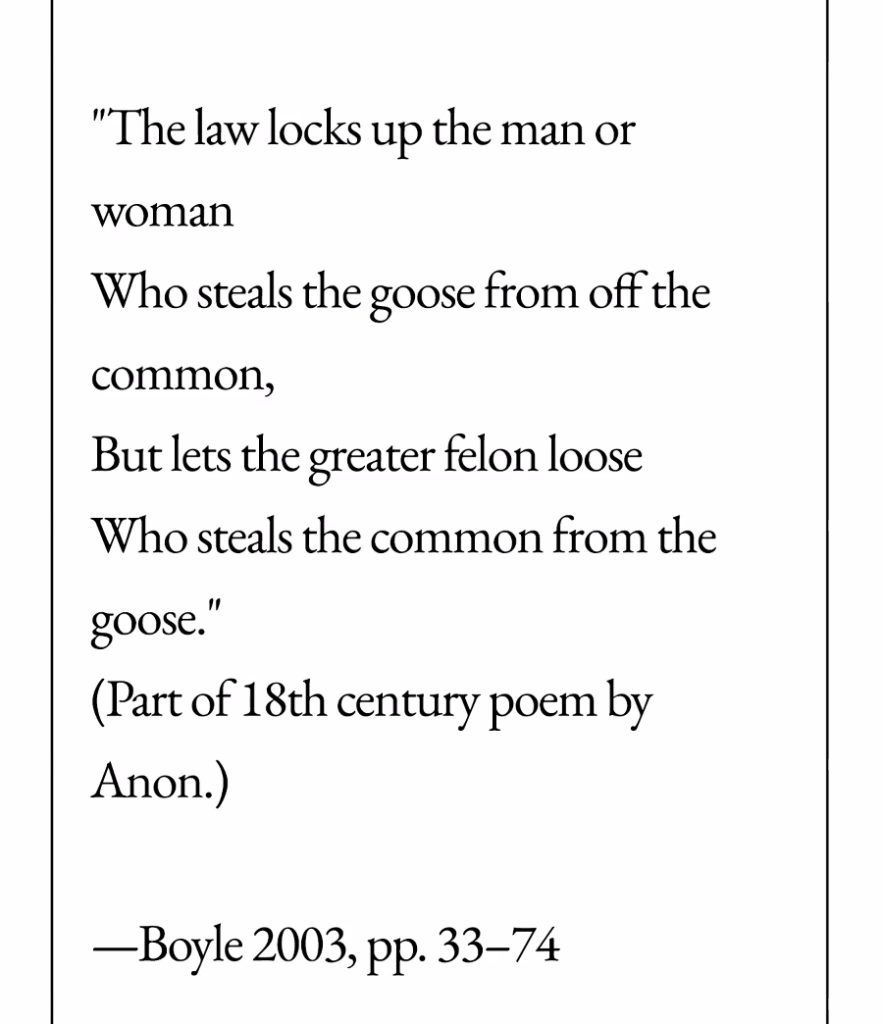Long ago, on the shores of a storm-tossed sea, there lived two brothers: Li, the elder, steady as ancient stone, and Wei, the younger, restless as the gulls. Their father, Lao, a weathered fisherman, had taught them to read the tides, but the brothers’ hearts sailed different currents.
Li anchored his small boat each dawn beside a jagged island, where fish swarmed like silver shadows beneath the rocks. “Patience feeds the wise,” he murmured, casting his nets even when the tides dragged slow as dripping honey. Some days, his catch was meager, but over time, his baskets sometimes filled—grain by grain, wave by wave.
Wei scoffed. He built a sleek sailboat with wings of scarlet cloth, chasing rumors of glimmering schools far offshore. “Why nibble crumbs when feasts wait beyond the horizon?” he cried. Yet the open sea deceived him: schools vanished like melted frost, and once, he sailed three days toward a golden spire on the horizon, only to find empty sky. “A trick of the light,” he grumbled, yet still he chased, lured by the wind’s whispers.
One autumn, a tempest raged for weeks. Li’s anchored boat survived, but the island’s fish fled to deeper waters. Wei, battered by waves, returned hollow-eyed, his sails in tatters. Desperate, the brothers sought Lao’s counsel.
The old man led them to the shore, where the sea sighed against the sand. “You see the waves as rivals,” he said, “but the sea is neither friend nor foe. Li trusts the rocks, yet forgets the tide’s rhythm. Wei loves the wind, yet mistrusts the depths. But the sea’s truth is in the drift—the balance between knowing when to hold and when to yield.”
He placed a weathered compass in Li’s palm and a spyglass in Wei’s. “The island’s fish follow the moon’s pull; chase them not with nets, but with the tide’s clock. And you, Wei—the open sea rewards not speed, but sight. Fish that glitter like coins are often scales refracted through fear. Seek the currents beneath the frenzy.”
The brothers joined their ways: Li timed his nets to the tide’s turn, while Wei scanned not the horizon, but the water’s shimmering patterns. Together, they found a hidden shoal where the sea’s two moods met—steady as bedrock, swift as stormwind.
Moral:
The sea’s wisdom lies neither in stubborn anchor nor reckless chase, but in dancing with its unseen rhythms. To drift is not to wander; it is to move with the truth of the depths.
Haiku (as epilogue):
Steady waves roll by, Chasing winds on restless seas, Truth lies in the drift.
